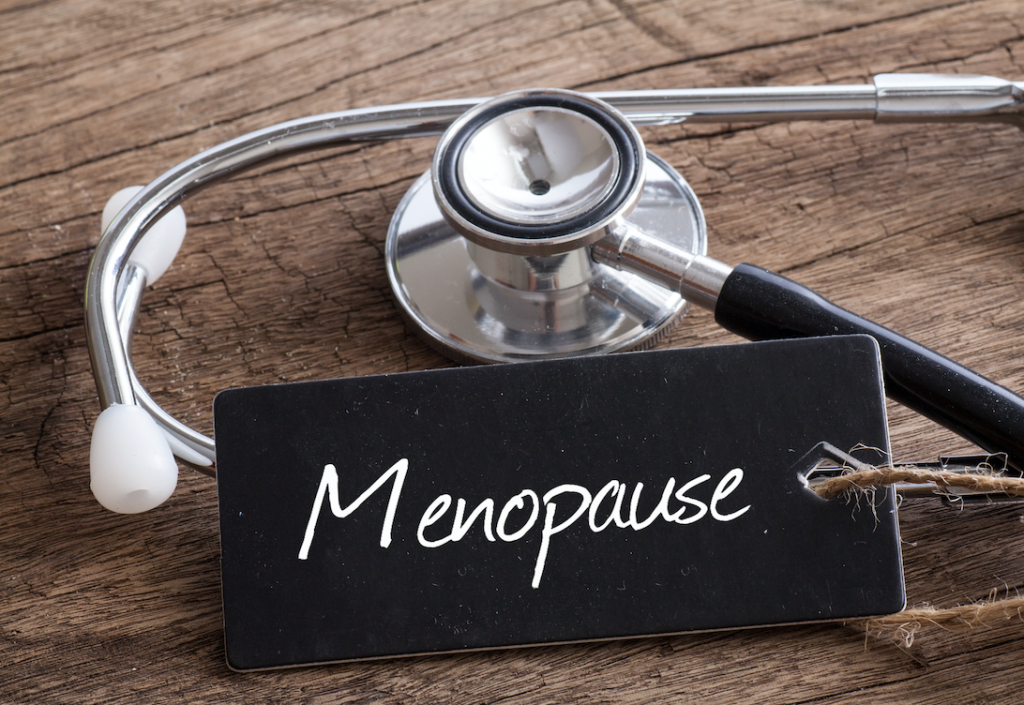The workforce could lose millions of female employees unless more is done to support women with menstrual and menopausal health symptoms, according to research from Simplyhealth and the Chartered Institute for Personnel and Development (CIPD).
Almost one in four (23%) working women had considered quitting their jobs due to the impact of menopause or menstrual symptoms and more than one in 10 women were actively planning to quit, according to the study.
Crucially, the vast majority (87%) of working women wanted their employer to be more supportive when it comes to women’s health.
Acting on the issue could help the seven million women aged 40-60 in the UK workforce, the vast majority of whom will go through the menopause transition during their working lives, the report said.
Symptoms affect productivity
The CIPD’s Menopause Workplace Experiences report 2023 surveyed more than 2,000 employed women aged 40-60, and the organisations are urging employers to create a culture where employees can discuss women’s health issues and access support.
Working women reported that symptoms related to female health issues – including menopausal and menstrual symptoms – affected their mood at work (55%), their ability to concentrate (52%) and made them feel physically uncomfortable (46%), with two-fifths (40%) saying these symptoms affected their productivity.
Around a third (31%) of women were looking for flexible home working, a quarter (25%) wanted time off for healthcare appointments and a fifth wanted menstrual (20%) and menopause (18%) leave.
The report found more than two-fifths of employers said they offered planned flexible working (44%) as part of their menopause support compared with just 28% for menstrual health.
Written policies and support networks were the most common forms of workplace support found, but flexible working and ability to control temperature were seen by women as the most helpful to manage menopause symptoms at work.
Help retain people and skills
Dr Macarena Staudenmaier Keglevich, head of clinical product and operations at Simplyhealth said: “While employers have started to offer more support for women in the workplace, our research shows more is needed.
“By adopting policies that meet women’s needs, employers can look to retain their workforce and positively impact their productivity.
“As well as training for line managers, and HR policies that support and normalise leave, offering access to healthcare support – such as immediate GP access, can be hugely beneficial.”
Rachel Suff, senior employee wellbeing adviser at the CIPD, said: “There are over seven million women aged 40-60 in the UK workforce and most will experience menopause symptoms.
“Providing effective support to help people manage their symptoms at work will help employers to retain valuable skills and talent in a tight labour market.
“Supporting employees with a natural life event and genuine health issue is also the right thing to do.”
Rachel Grocott, CEO of menstrual equity charity Bloody Good Period said: “This data on the impact of menstrual and menopausal symptoms in the workplace is shocking but sadly not surprising.
“We hear all the time of how pain and other symptoms, a culture of presenteeism and a lack of education for everyone, of all genders, on both periods and menopause has a real impact on people at work.
“Employers should be taking a comprehensive approach to policies, culture and communication in the workplace, to ensure that the needs of women and people who menstruate and experience menopause are properly supported.
“This includes building everyone’s knowledge, having open conversations and making adjustments – for example, providing period products, factoring in breaks and rest time, and considering uniform requirements.“
